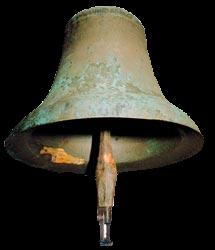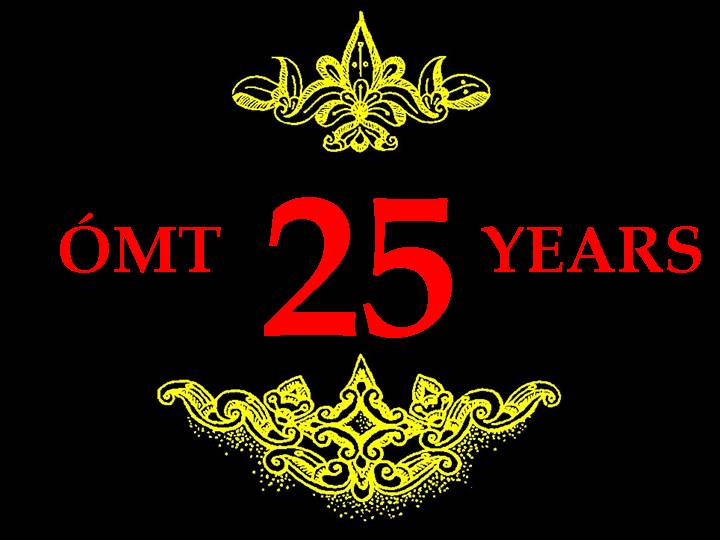
Danube Day Celebration

|
|
Danube Day Celebration |
|
This year we celebrate the 555th anniversary of the Battle of Nándorfehérvár (12th - 22nd July, 1456, Belgrade, Serbia). This battle is a special historical memory, as it is - in all respects - equally dear to the hearts of people living in countries alongside the River Danube and the neighbouring countries. As an interesting event of global history, this battle has been commemorated also by non-Hungarians living in other continents, sometimes quite unconsciously, for the past six centuries, whenever bells are sounded. In memory of the victory, Pope Calixtus III adopted the Feast of the Transfiguration of Christ for the universal church on 6th August 1457. Saint John Capistrano, one of the heroes of the Nándorfehérvár Battle is worshipped in Catholic shrines even outside Europe.

The name of this event - Danube Day Celebration - is symbolic in many respects, as these programs aim to commemorate an important event in the history of humanity, and to present the heritage of religious and cultural communities, as well as the values important for environmental protection. The Danube Day Celebration is a community event, a Christian Feast, the Feast of Saint John Capistrano and the Midday Bells, the Feast of Shipping and the 'Hungarus Community'.
The Danube river, connected to the Rhine and the Main rivers and being a river that crosses Europe, connects not only the direct neighbours, but broader regions as well. This river is a carriageway, nurturing, watering and delighting the observer's eyes, and it is also a source of life, nature and an inspiration to arts. It serves as a bond among countries, nations and cultures and symbolizes the unity and interactions of a common European culture.

We celebrate the people of our region, the cultural and religious traditions of their common medieval history, their shared European traditions, their joint efforts and the victory achieved by Christian alliance, symbolized by the tolling of bells at noon.
We also celebrate people, who were ready to make a sacrifice, and persevered even in hopeless situations. We celebrate the model of unity set by enthusiastic ordinary people, the 'civilians' of different nationalities, religions, ages and social classes.

We would also like to make this anniversary a memorable celebration for those, for whom the Danube Region, the Carpathian Basin and the community living there, the 'Hungarus Community' has only a very distant meaning. Most of our festivals and anniversaries are - from certain aspects - a source of joy in particular for the small and large groups that are part of the broader community. As the number of souls in our community and the influence of our culture are decreasing we need more and more delightful experiences that serve as a compass for the divided, fragmented community as a whole, bringing us joy, giving us a good example and offering us handholds on our way. This heritage and the anniversary celebrations are special in that they give a real community experience for people living in this area, for the second and third generations of people who left their home country, and all who in any way consider themselves people belonging to the cultural community of the Carpathian Basin and the Danube region, regardless of where they live now, regardless of their origin, religious affiliations, the opposing political sides they may take and any other attitudes separating them.

We pay tribute to the one-time Hungarian Royal Navy (the "Royal Sailors" as they were called in the Middle Ages) who with their unsurpassed achievement in relieving Nándorfehérvár contributed to the famous victory. Thanks to their heroic stand and bravery, the succours - in an otherwise totally hopeless situation - could move to Nándorfehérvár.
(The name "Royal Sailors" refers not only to the sailors themselves, but to everybody who's trade was somehow connected to the water and the river - towing men, ferrymen, shipwrights etc.)

By organising the Danube Day Celebration we would like to raise public awareness to the current condition of the Danube and other rivers, the waters and their environment, and their utilisation (tourism, traditional agriculture in river flats, fishery, transportation and power generation) and also draw attention to the importance of flood-prevention, the present situation of the shipping industry, the water workers, the victims and all those whose future and fate depend on these rivers and the Danube. As the experts point out, water will be a strategic issue in this new millennium.

Guests invited to the commemoration ceremony include ambassadors and delegations representing the Danube countries and those nations that participated in the battle of Nándorfehérvár, either as allies or as enemies, as well as representatives of the main churches in Hungary. They pay tribute to those who fought in the battle by presenting their national flags.
Linked to this anniversary we would like to establish a tradition by organizing a series of regular community events at the end of July and the beginning of August, hoping that they will be organized year after year, always renewing, with various accompanying programs, not only in Budapest and along the Danube, but also in other riverside and waterside towns across the borders, too.
Let us celebrate together!
